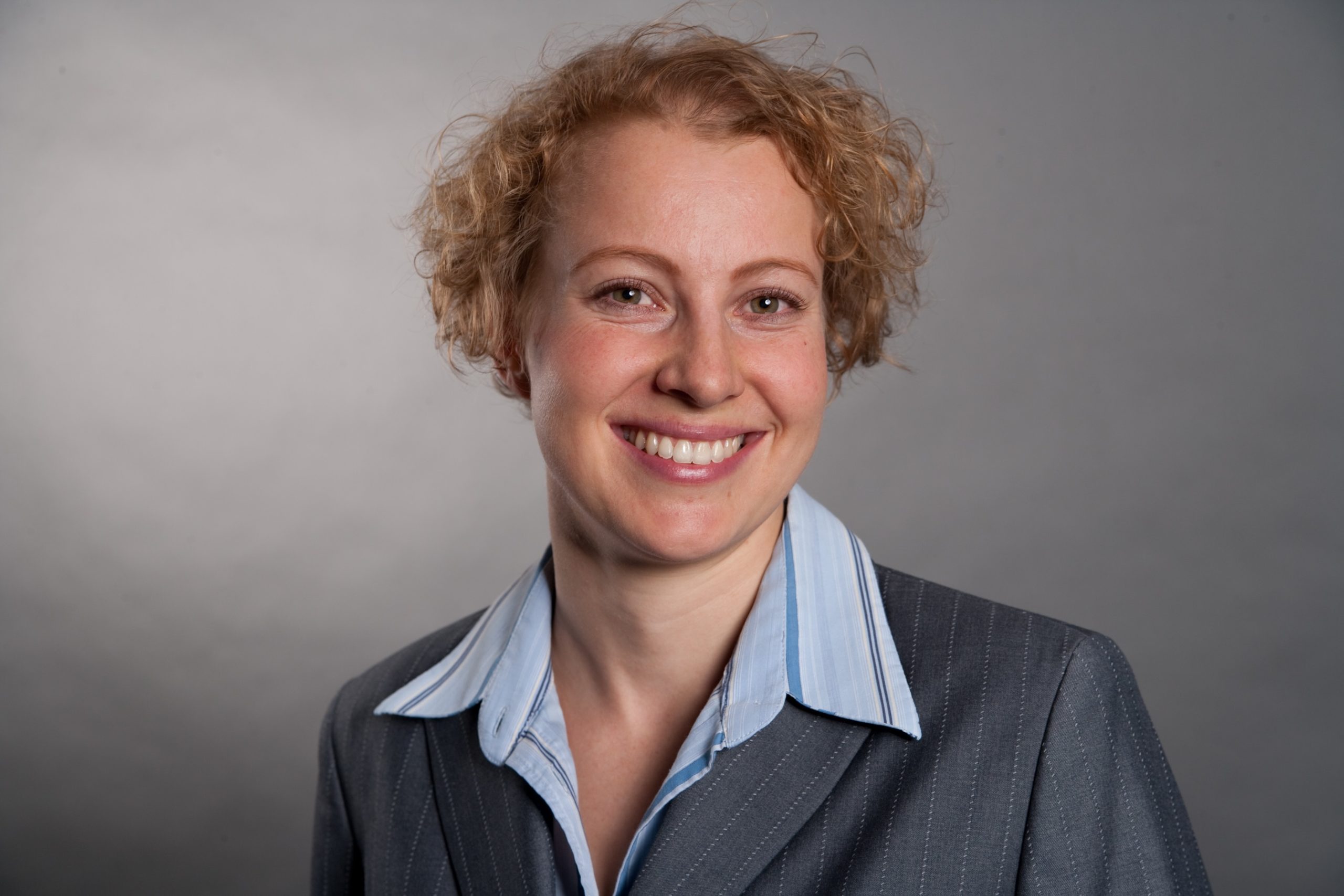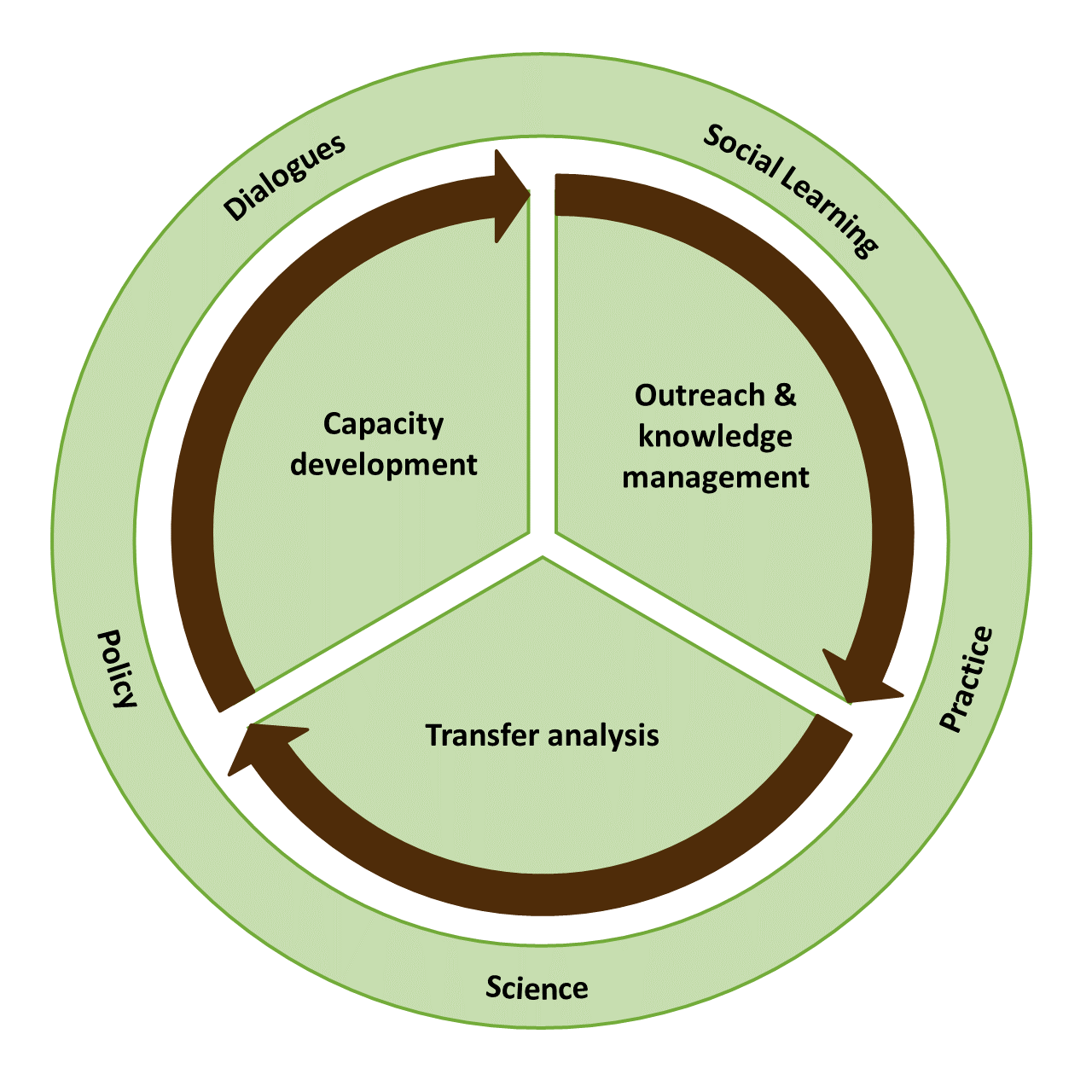INTERFACES


Land management and the securing, use, control and governance of land-related natural resources is one of the key drivers for sustainable development in Africa. Sustainable land management should contribute to food security, to adaptation of agriculture and forestry to climate change, and to nature and environmental protection, and be organised in a way that contributes to social justice.

University Bonn
INTERFACES supports four BMBF-funded regional projects in their endeavour to drive change for sustainable land management in sub-Saharan Africa.
This will be achieved through two fields of activities:
(1) impact-driven support activities which build on networking for the regional projects, science communication, social learning processes, and capacity development, and
(2) complementary transfer analyses that enable or facilitate the implementation as well as improve the relevance and outreach of the regional projects’ research-based findings.
All activities and thinking in INTERFACES are aligned around the question of how to achieve behaviour change, and guided by the principles of transdisciplinarity, social learning and decolonising knowledge production. All its activities try to be gender-responsive and socially inclusive.
INTERFACES is an accompanying project that supports four BMBF-funded regional research and development (R&D) projects in their endeavor to drive change for sustainable land management in Sub-Saharan Africa. At the heart of INTERFACES lies the recognition that to achieve changes towards sustainable land management, a fundamental reorganization across technological, economic political, institutional and social factors is needed, which also includes questioning existing paradigms, goals and values. For changes to be sustainable, they must be gender-responsive and socially inclusive, which means that implementation pathways for sustainable land management must be based on thorough gender and power analyses and lead to outcomes that benefit both women and men of different ethnicities, ages, classes, and income levels.
Therefore, INTERFACES’ support activities will be impact-driven and build on networking to strengthen the integration, coherence and reach of the regional projects with regard to sustainable land management. The outputs from INTERFACES are expected to include scientific and non-scientific publications, the promotion of transdisciplinary research and social learning approaches in order to produce research results that are relevant to practice, the strengthening of already existing networks on land management issues and linking them up with different African networks to further contribute to the implementation of the R&D results in the area of land management. Finally, INTERFACES will anchor implementation-oriented research in education and training.
INTERFACES spans all countries in Sub-Saharan Africa with a focus on West Africa. It has four work areas that together strengthen the integration, coherence and reach of the regional projects with regard to sustainable land management.
The methods and results of the regional projects find their way into the training of project partners and students with regard to the training of future “change agents”.
Impact-driven Support Activities
Implementation Research
Capacity Building
